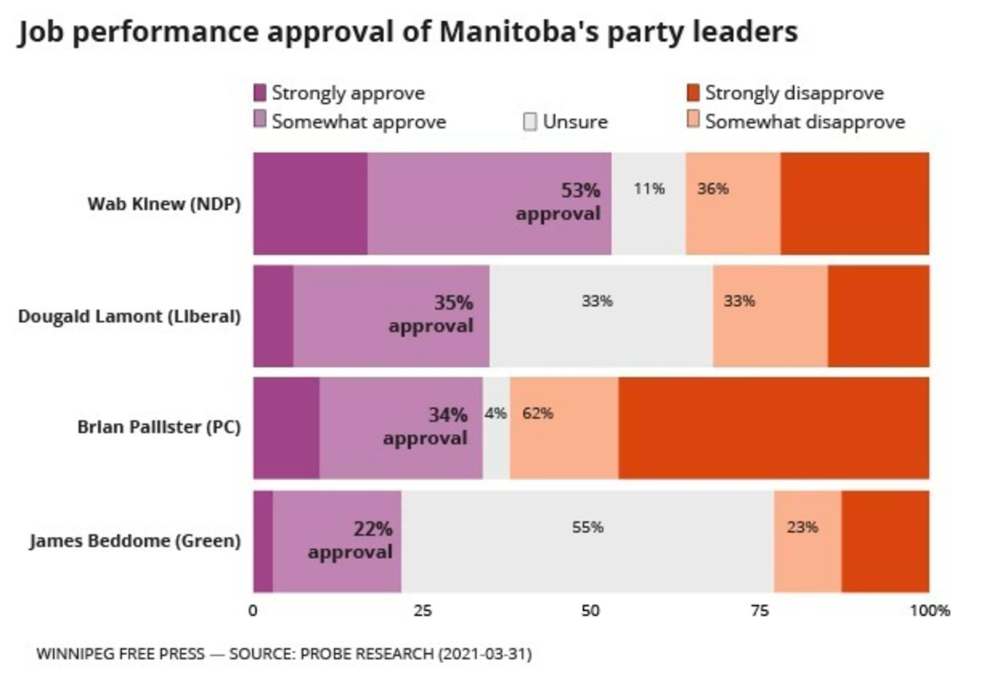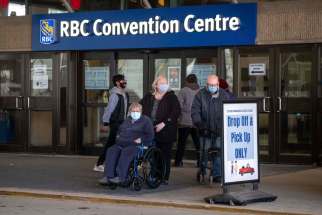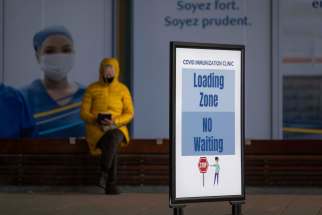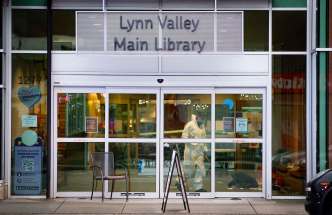Pallister performance cloaked in ‘intense disapproval’: poll
Read this article for free:
or
Already have an account? Log in here »
To continue reading, please subscribe:
Monthly Digital Subscription
$0 for the first 4 weeks*
- Enjoy unlimited reading on winnipegfreepress.com
- Read the E-Edition, our digital replica newspaper
- Access News Break, our award-winning app
- Play interactive puzzles
*No charge for 4 weeks then price increases to the regular rate of $19.00 plus GST every four weeks. Offer available to new and qualified returning subscribers only. Cancel any time.
Monthly Digital Subscription
$4.75/week*
- Enjoy unlimited reading on winnipegfreepress.com
- Read the E-Edition, our digital replica newspaper
- Access News Break, our award-winning app
- Play interactive puzzles
*Billed as $19 plus GST every four weeks. Cancel any time.
To continue reading, please subscribe:
Add Free Press access to your Brandon Sun subscription for only an additional
$1 for the first 4 weeks*
*Your next subscription payment will increase by $1.00 and you will be charged $16.99 plus GST for four weeks. After four weeks, your payment will increase to $23.99 plus GST every four weeks.
Read unlimited articles for free today:
or
Already have an account? Log in here »
Hey there, time traveller!
This article was published 31/03/2021 (1715 days ago), so information in it may no longer be current.
Premier Brian Pallister faces intense and widespread disapproval from Manitobans — even among a significant number who supported his Progressive Conservative party in the 2019 election.
According to a new Probe Research/Winnipeg Free Press poll, 62 per cent of Manitobans disapprove of Pallister’s performance as leader, including 46 per cent who are strongly critical.
In Winnipeg, that disapproval rating jumps to 68 per cent, with a whopping 53 per cent who strongly disapprove of the premier’s job performance.
“I don’t recall really ever seeing numbers that high for disapproval,” Probe Research president Scott MacKay said of the results. “This is intense disapproval, and that’s huge.”
MacKay and others believe the premier’s personal unpopularity with voters is one of the key reasons the New Democratic Party has vaulted into the lead in party popularity in the past two quarters.
Fifty-three per cent of Manitobans approve of NDP Leader Wab Kinew’s performance, including 17 per cent who strongly approve. Thirty-six per cent of those surveyed expressed disapproval of Kinew.
A little over one-third of voters approve the job Liberal Leader Dougald Lamont is doing, while almost equal numbers either disapprove of his performance or are unsure about it.
Manitobans are not all undecided about the Tory premier, however. Asked to rate Pallister’s performance, only four per cent surveyed said they were unsure.
The Probe Research Inc. survey of a random and representative sampling of 1,000 adults in Manitoba was conducted March 10-26. The survey results are plus or minus 3.1 percentage points of what they would’ve been if the entire adult population had been surveyed, with 95 per cent certainty.
On the leadership question, respondents were asked: “How much do you approve the job performance of each of the following provincial party leaders?”
Among the most critical of the premier are women, younger voters, renters, university-educated persons and Indigenous persons.
As the Free Press reported Tuesday, the NDP has now expanded its province-wide lead over the Progressive Conservatives to six percentage points (42 per cent to 36 per cent, respectively) among decided voters.
Kelly Saunders, a Brandon University political scientist, links Pallister’s unpopularity to his government’s handling of the COVID-19 pandemic.
The Manitoba government was criticized early on for failing to provide sufficient assistance to those most affected by COVID-19.
Last summer, it appeared more concerned with reopening the economy than preparing for a second wave of the novel coronavirus. The virus exacted a great toll on personal care home residents, and the speed of the vaccine rollout has also been a concern.
While other provincial leaders have faced similar issues, Pallister’s demeanour and personal response to events likely caused him to fall out of favour with many voters, Saunders said.
In public, the premier has been abrasive and critical of others, lashing out at the federal government over vaccine supplies and at some Manitobans for failing to observe public health guidelines.
Pallister has demonstrated “a lack of empathy and a lack of willingness to take responsibility” and “be that calm and steady hand that we look to our leaders to display in times of crisis,” Saunders said.
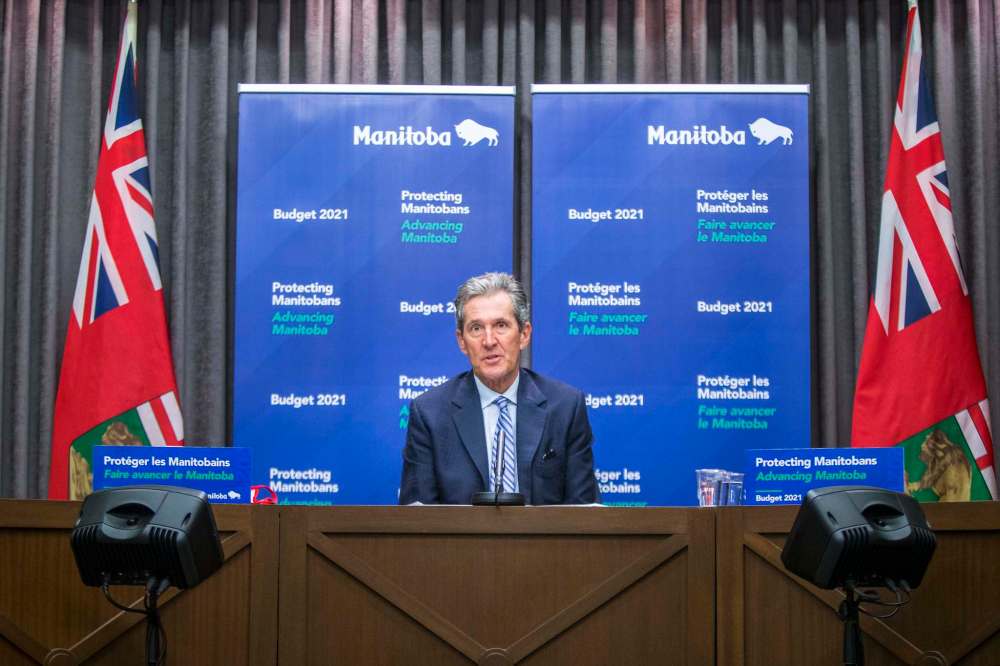
“He wasn’t able to rise to the occasion.”
Pallister is now weighing down his party’s fortunes, Saunders said. “If he is serious about… the well-being of his party… he would step down sooner rather than later and give the party a chance to regroup.”
Of those who voted PC in the 2019 provincial election, 34 per cent expressed disapproval for Pallister’s performance as leader, according to the poll. Eighteen per cent said they strongly disapproved.
Some 66 per cent of women polled expressed criticism of the job the premier is doing (51 per cent strongly disapproving), while 61 per cent of women either approved or strongly approved (20 per cent) of Kinew’s job performance.
Seventy-three per cent of 18-to-34-year-old Manitobans disapproved of Pallister’s performance, including 53 per cent who strongly disapproved.
In Winnipeg, where provincial elections are won or lost, Pallister had the approval of only 30 per cent of respondents (68 per cent disapproved), while Kinew’s performance was given a thumbs up by 61 per cent of those polled (30 per cent disapproved).
Outside the capital city, 41 per cent of Manitobans approved the premier’s performance, while 54 per cent disapproved. Kinew had a 40 per cent approval rate and a 45 disapproval rate outside the city.
MacKay said if Pallister had a more collegial or collaborative leadership style, the public may not be as inclined to place the blame for problems with the province’s pandemic response squarely on his shoulders.
Asked Wednesday what the PCs needed to do to attract voters back to his party, Pallister said they must “fight COVID effectively” and work with Manitobans to restore economic growth and “social betterment.”
Asked if he personally took responsibility for his party’s declining popularity, he said: “I don’t know. I didn’t get any credit when we won the biggest back-to-back majority governments in the province’s history, so I don’t know how much you want to blame me for this.”
Pallister added he’s focused on the pandemic right now, and not on an election.
larry.kusch@freepress.mb.ca

Our newsroom depends on a growing audience of readers to power our journalism. If you are not a paid reader, please consider becoming a subscriber.
Our newsroom depends on its audience of readers to power our journalism. Thank you for your support.

